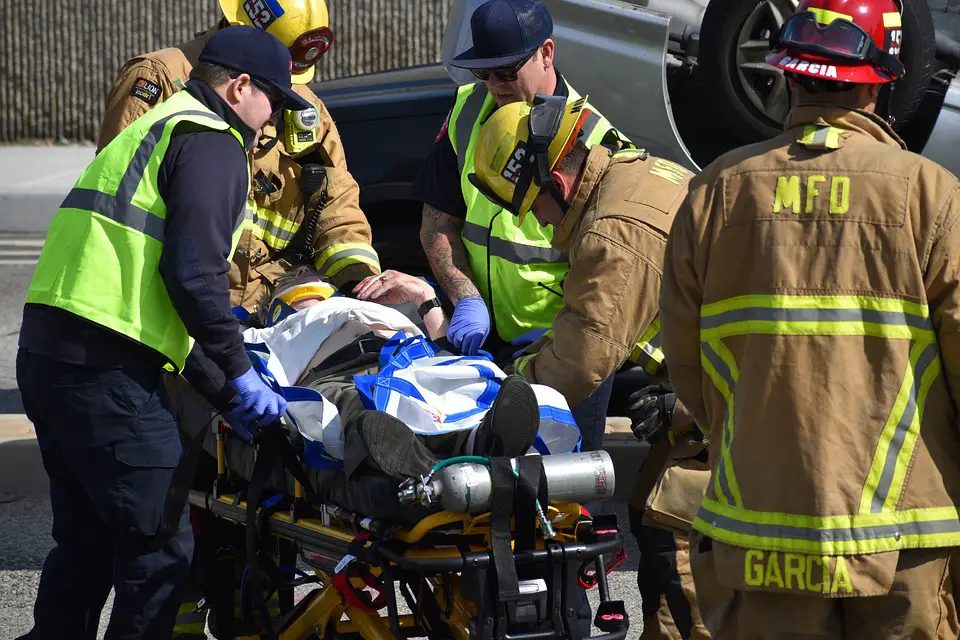An online gaming giant developer of the successful shoot-’em-up video game and a medical training provider have teamed up, leading to an expansion of VR training for first responders. Epic Games, the developer of Fortnite, have given a $A131,000 ($US100,000) grant to Coffs Harbour-based EmergiSim.
The business is a partnership between moviemakers Spectre Studios and first responder training provider TacMed Australia. Americium’s virtual reality platform allows first responders like paramedics to train anytime and anywhere through immersive and realistic emergency scenarios.
“Basically it is simulating real-life environments, creating all the stress, all the external stimulus, but in a much safer way.” Mike Brewer, Co-founder, EmergiSim.
The VR world is accessed using a VR headset, and hand controllers are utilized to engage in real-time VR actions.
“[That allows the trainee to] take their virtual patient’s pulse, they can check their breathing, they can see what their conscious level is, and they can actually intervene and do certain treatments.” – Mike Brewer.
One of the main benefits of virtual reality is that it can substitute existing large-scale, hands-on training, which can take months to plan and cost thousands of dollars. Matt Pepper, national training manager at TacMed Australia, mentioned that the VR platform could provide more insight (in real-time) than traditional training.
“We can put the trainees in a vest where we actually draw out data on their heart rate, their respiratory rate, the way that they feel, their physiological stress response. We can also do things like track their eye movements to see where they looked and where they spent most of their time during a scenario. They can see how they perform using different techniques for that training.” – Matt Pepper.
The VR platform took three years to develop, and it is now used by the Department of Defence, Royal Flying Doctor Service, and an American client.
Follow us on LinkedIn
Read other Articles





